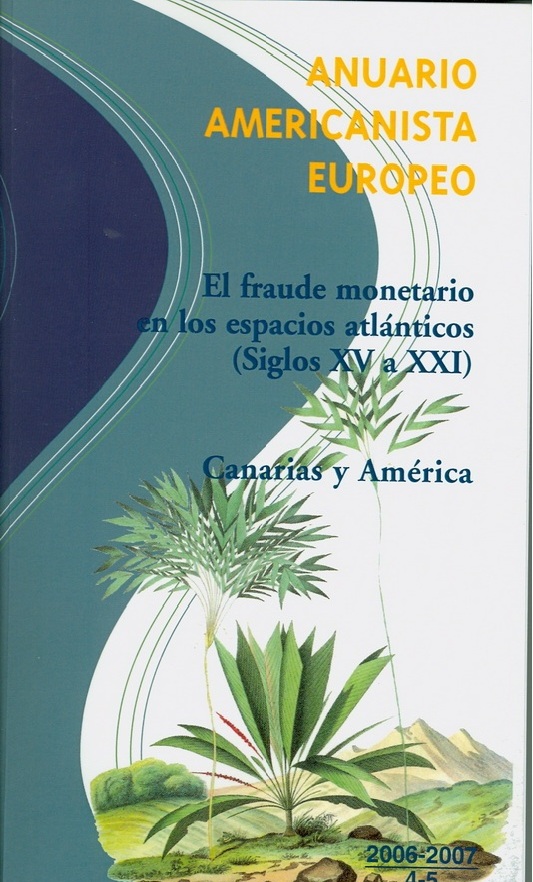A political dimension of grief: Individual and social healing after conflict
Résumé
Mass violence is often characterized by the disappearance of the victims' bodies, preventing families from mourning. In Latin America, the exhumation processes emerged partially as a response to this situation. The search for the dead has always been a political issue, as the mourning of the victim’s relatives has been presented as a “humanitarian” objective and a peace-building tool, thus articulating individual and social healing. Based on extensive ethnographic fieldwork in Guatemala, this article questions the representations of the legacy of violence between generations, as well as local indigenous representations of mourning through appropriated notions such as trauma and susto.
| Origine | Fichiers produits par l'(les) auteur(s) |
|---|

